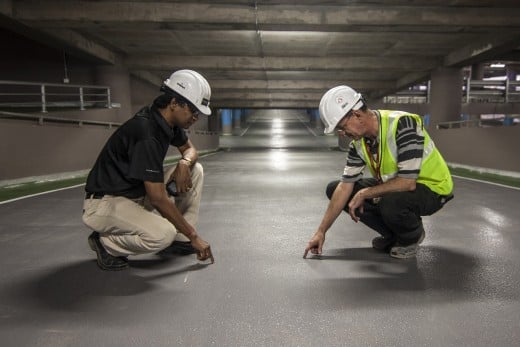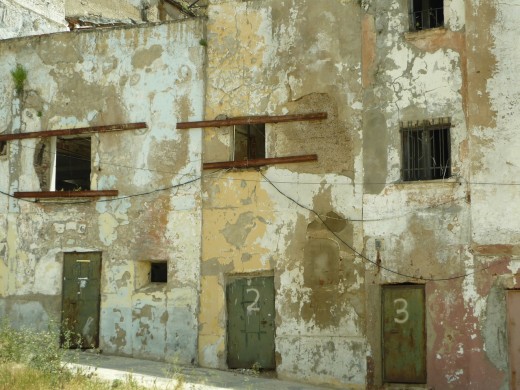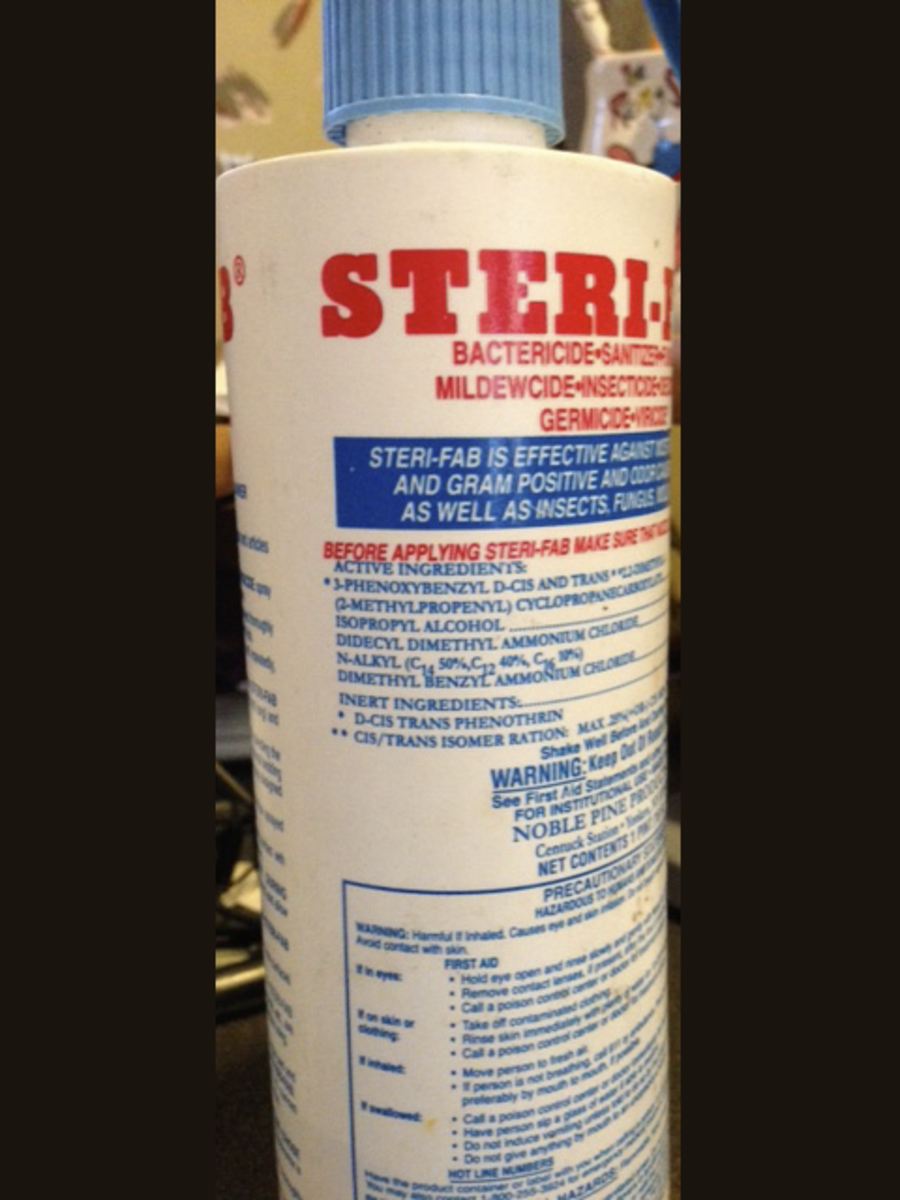An Overview of Hiring Local Restoration Contractors: Everything You Need to Know

Introduction
Whenever your property is damaged by force majeure or not, it is always the best decision to call on the help of local restoration and cleaning contractors. They are professionals who are always ready, especially in times of emergency. They are able to do everything just to restore what you’ve lost, partially or totally, during typhoons, hurricanes, flooding, earthquake and other sudden turn out of events. They are experts in cleaning, rebuilding and restoring. Read on to know more about these professionals.
What Are The Damages They Can Handle?
Damage to your property can occur in many forms, which requires immediate professional restoration. The most common of these are water and fire damage, but vandalism, storm damage (such as tornado or hurricane), flooding, and mold or structural rot are also possibilities. These and more are categorized below along with their corresponding brief explanation.
Water Damage. This refers to damage caused to the interior structure by leakage from the building’s water system. This can range from a minor leak, which constitutes a minor wall discoloration to a full high-pressure blowout that seriously compromises the structural integrity of a building.
Flooding. Similar to water damage, but refers to damage by water that originates from without, such as a flash flood or rising river level. This damage can range from minor, as in the case of a partially flooded basement, to damage to the foundation of a property.
Fire Damage. This is typically severe, no matter how long the blaze burned before being subdued. Even in the most minor cases, affected areas usually have to be re-walled and a new floor usually needs to be installed. As flame rises, the ceiling of an affected area is usually at least topically damaged, if not compromised.
Vandalism. This is usually a minor type of damage, with people writing or putting anything in any property that affects its aesthetic appearance or quality. At times, the vandals can be severe that the original look of a wall, door, and the like could not be distinguished anymore. In this kind of serious breach, a professional repair or restoration is needed.
Storm Damage. This ranges widely in severity. The most common type of storm damage is flooding, followed by wind damage. This type of damage can severely compromise roofs, tear off siding, or shatter windows. Flying debris may also damage the exterior of the building. The highest damage, usually caused by tornadoes or, on coastal areas, may affect a structure the most, in which case, restoration is normally replaced by reconstruction.
Mold or Structural Rot. This is the result of water damage that was left unrepaired or unnoticed, or slow seeping from climatic conditions. This damage is usually unnoticed until rapid progression has occurred. It does not immediately cause serious damage, but undermines the integrity of structural materials over time. This usually means rotting drywall or timbers.

What Are the Two Types of Restoration Contractor?
When you suffer damage to a building, depending on the type, you may need to hire two types of contractors: Emergency response and restoration contractors.
Emergency response contractors respond immediately to stop further damage from occurring. In the case of water damage, they will extract water from logged materials; in the case of flooding, they will drain and dry the affected area.
Restoration contractors restore or reconstruct damaged structure. So, after the emergency response crew prevented further water damage from occurring to an affected wall, for example, the restoration crew will then tear off and rebuild the wall.
Some contractors or contracting firms may offer both emergency response and restoration services. The decision will depend on what is available to you and is the best value, as well as the quality of the contractors.
How Do You Find Your Local Contractor?
Working with contractors is preferable because it is a flexible, custom type of agreement. Homeowner’s needs post disaster rarely ever fit a menu. However, there are several things to keep in mind when hiring contractors after you suffer structural damage:
- You can find restoration contractors in your area wherever you are in the world by using the International Cleaning and Restoration Association website. You just go to “Find a Professional” and then type in your preferred state plus zip code, any keywords, hit “Start Search” or you can just type in and you will see many choices.
- It is in your best interests to contract locally. For one, it is easy to go the contractor’s site itself to know more about then, and most of all, many people knows about their performance. This can help assure that you are hiring the most qualified contractors, particularly the most recommended by word of mouth.
- Make sure that your contractors abide by the industry standards. The relevant standards can be found on the Institute of Inspection Cleaning and Restoration Certification website. You can easily detect if the contractor is certified or not by checking if it has the IICRC logo on their on their own site. You can also go to the IICRC’s website to verify. For example, if you are in Downriver Michigan and you’re looking for the number 1 contractor in the area, just type in the keyword local restoration contractor in Downriver, Michigan in search field and click to confirm.
- Depending on your specific needs, you can hire either an independent contractor or, if your needs are larger, work with a firm. What you choose depends on the amount of work that is required.
- Always request for a contract; never allow work to begin before a contract is agreed and signed. For emergency response, you can start the work the soonest possible time. You don’t have to wait for your insurance adjustor. For major restoration repairs, on the other hand, you should consult your insurance adjustor first, so that you know how much they will cover. If your home is not insured, then these items will be left entirely to your discretion. However, you have to be able to afford the restoration.

What is the Payment Scheme?
When it comes to payment, here are a few things to keep in mind:
- On extensive repair work, the contractors may request an advance or down payment on the contract, and periodic payment throughout the entire work. The amount that a contractor can request as down payment is regulated by the state and varies state to state. So check your state regulations when paying a down payment. Don’t hire contractors who request full advance payment; reputable contractors will not do so.
- When you sign your contract, include a clause that states that, upon final payment, you will be provided with signed waivers of liens on materials and labor.
- If there is a discrepancy over the cost of the project or other costs arise, you should first contact your insurance agent. If your home is not insured, you will have to weigh your options when it comes to added expenses that were not at first anticipated. When it comes to disputes with the contractor, you will have to work out a favorable compromise or pursue legal action.
Conclusion
Although there is the hassle of signing a contract, hiring contractors provides significant benefits over working with private individuals. You will save money and time. You don’t have to pay benefits, withhold taxes, and other procedures which are required of employers. You have greater flexibility; contracting is significantly more flexible and easier to adjust than employments. You aren’t as vulnerable to legal action; contractors aren’t covered by laws, such as minimum wage, union, discrimination, and other protections.








